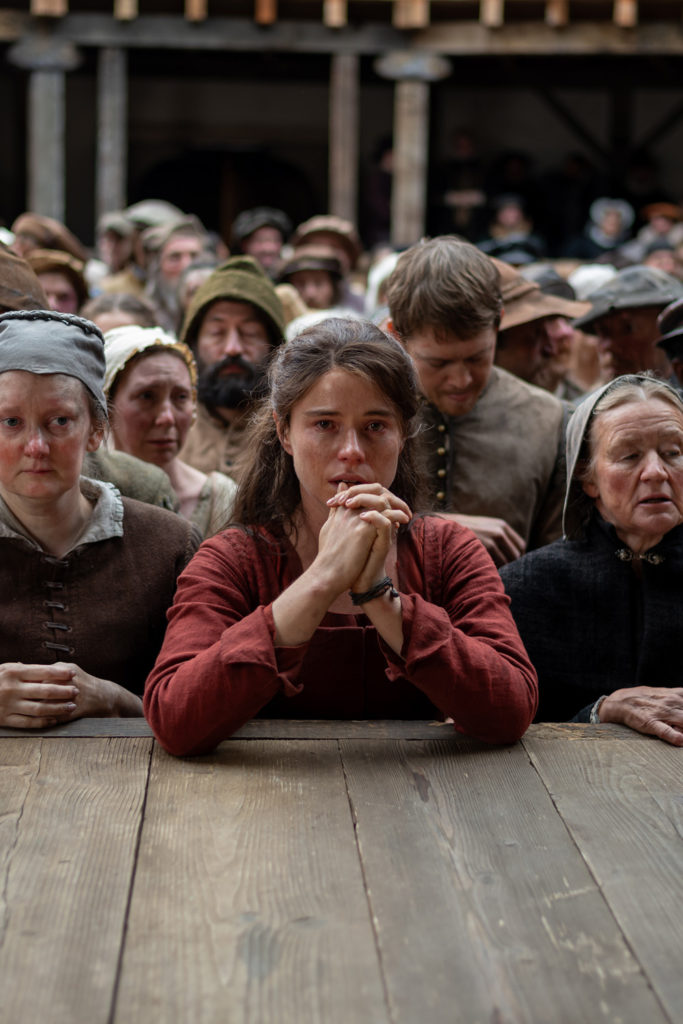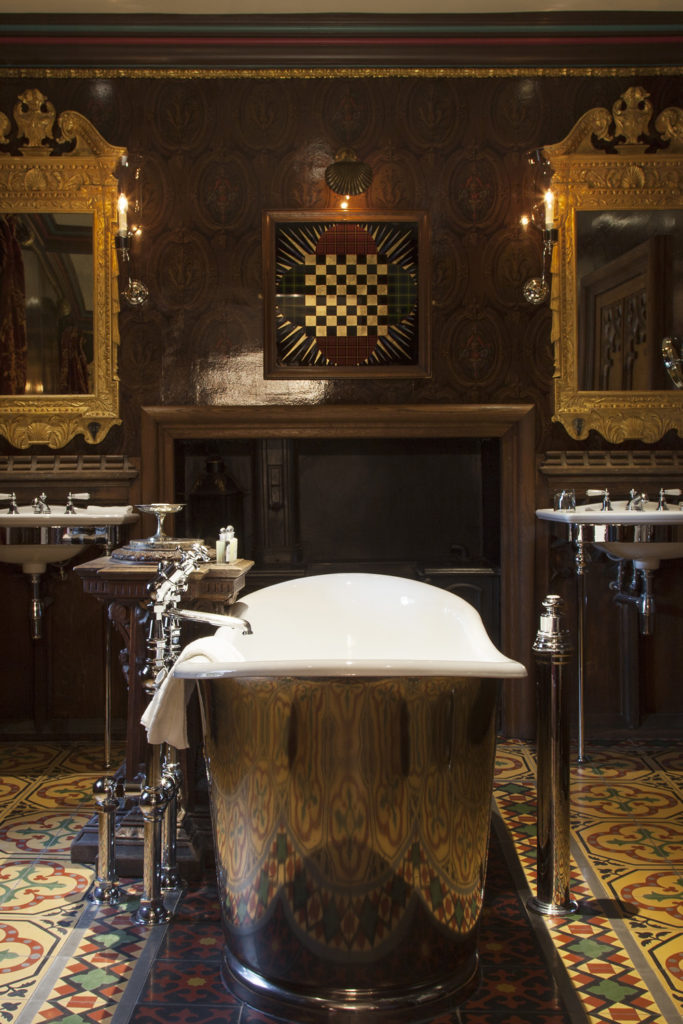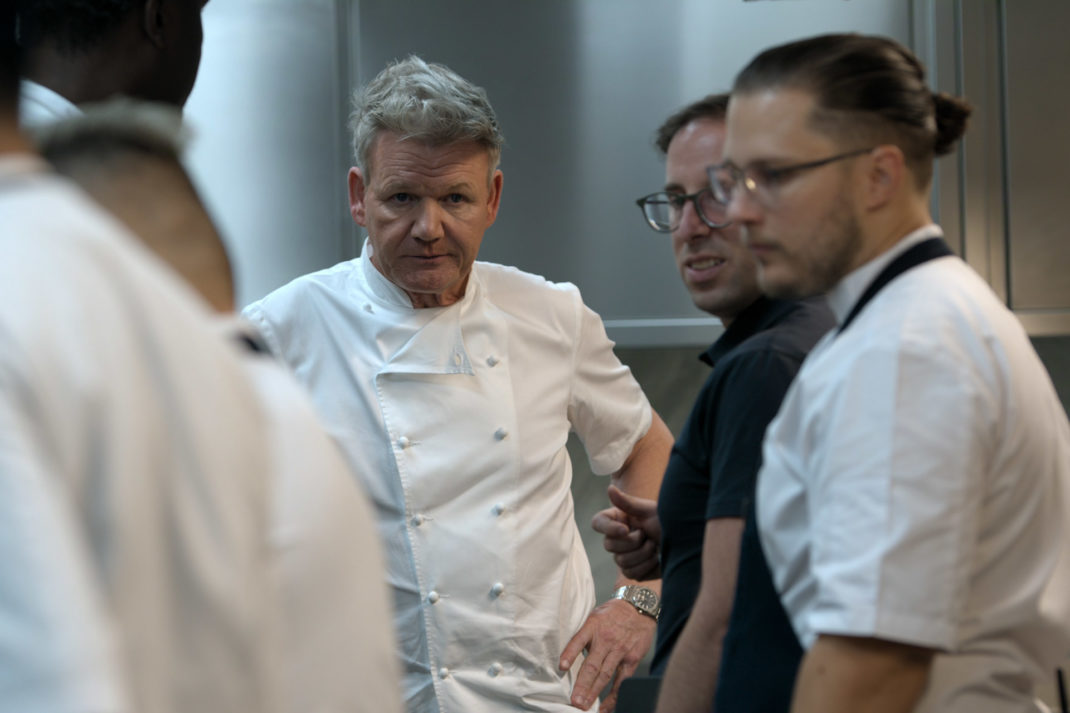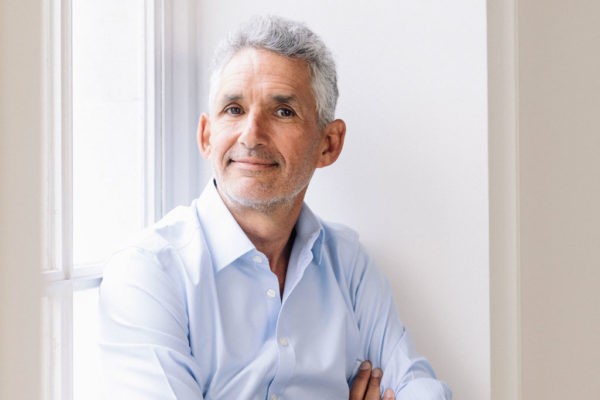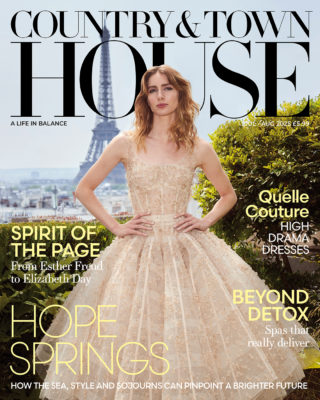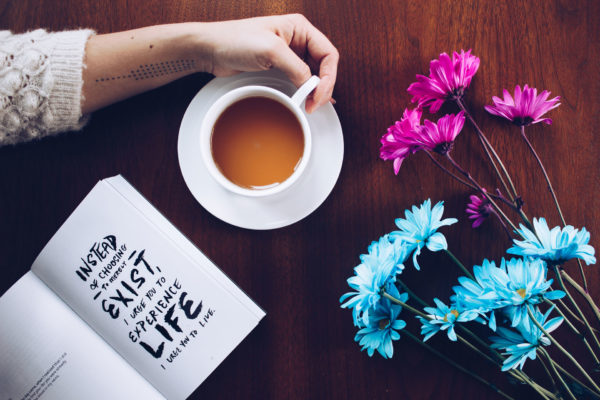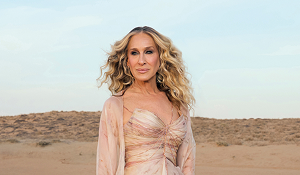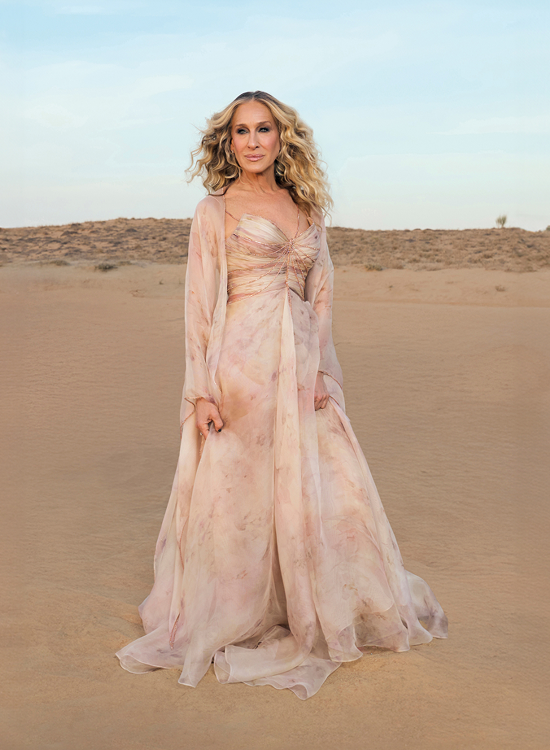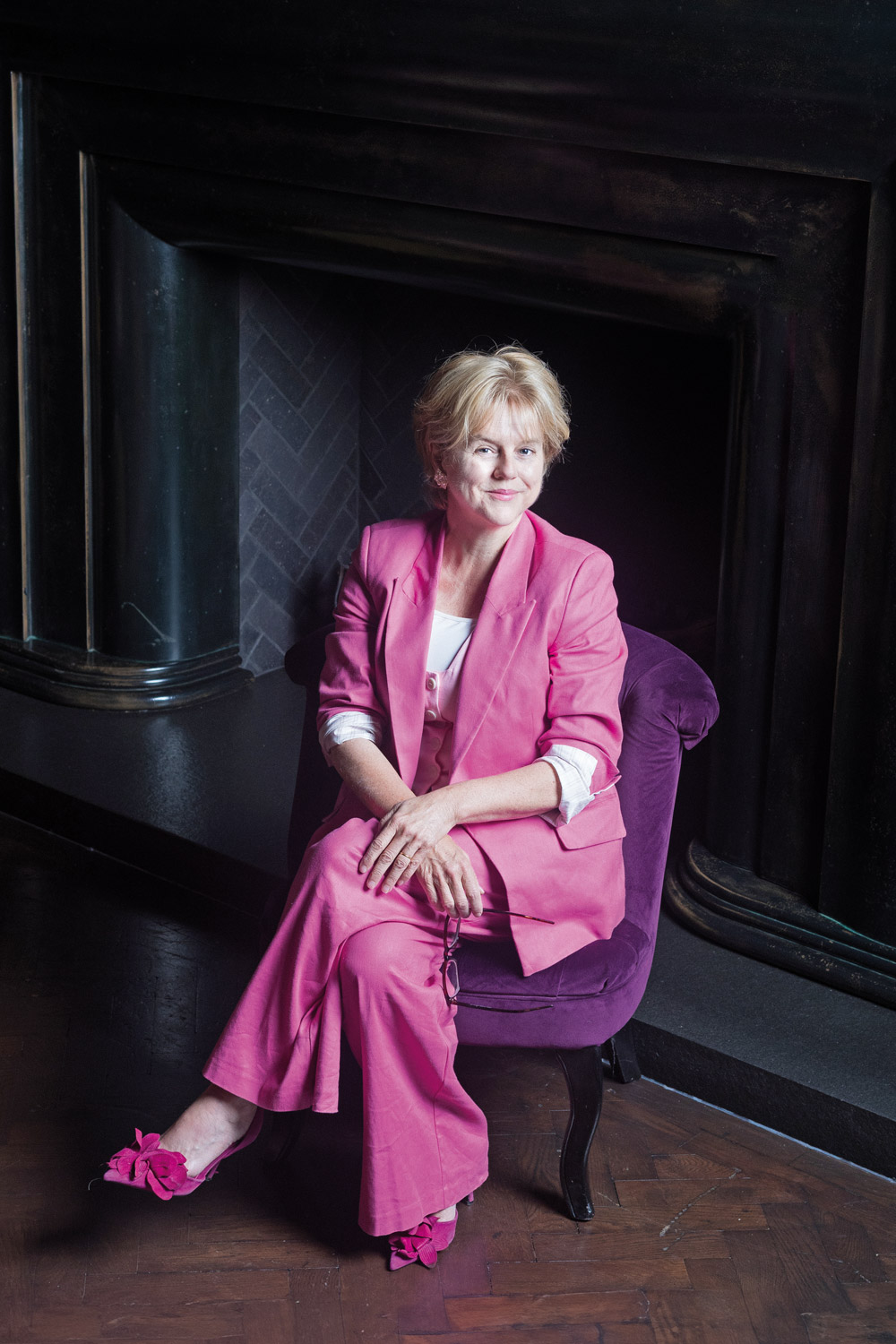
Mental Health Expert Rachel Kelly On How To Raise Happy Teenagers
By
6 months ago
'Step one is to stop this epidemic of worrying'
How can we expect our children to thrive if their parents model constant worry and perfectionism? Charlotte Metcalf meets mental health expert Rachel Kelly
Rachel Kelly On Her New Book, The Gift of Teenagers: Connect More, Worry Less
Rachel Kelly has dressed with care in a tailored pink trouser suit and heels. Her new book, The Gift of Teenagers: Connect More, Worry Less, is about to launch, and she has a string of interviews lined up. ‘It’s important to look the part,’ she says. ‘If I arrive drearily turned out in black, it wouldn’t send the right message at all.’ I met Kelly over ten years ago when we worked on a film together to publicise her book Black Rainbow, a harrowing account of overcoming two life-threatening depressive episodes in her thirties with the aid of poetry.
Today, a mother of three girls and two boys aged between 21 and 30, Kelly is a highly respected voice in the mental health arena, having published numerous books and articles, and talked to teenagers, teachers, parents and adolescent psychiatrists and psychologists alike. She’s an ambassador for Sane and Rethink Mental Illness, and is an affiliate of King’s College London’s psychiatry department.
Kelly grew up in Ladbroke Grove, and was educated at St Paul’s Girls’ School and Magdalen College, Oxford. Her first job was at Vogue, after being a runner-up in its talent contest. ‘I loved it but fashion wasn’t for me, so I left to work for the advertising magazine Campaign and then The Times for ten years, where I became a feature writer.’
In 1993, she married her childhood sweetheart, Sebastian Grigg. She had had the first three of her children, the oldest of whom was three, when she collapsed into a sudden profound and debilitating depression that led to a brief spell in a psychiatric hospital, followed by a second episode a few years later that lasted two years. It’s a joy to see her recovered and transformed a decade later, and now using her own experience to help others.
‘About five years ago, I began getting more and more messages from parents worrying about their teenagers,’ she says. ‘There was obviously a big problem so I pivoted from adult mental health to young people to try to figure out what was going on and, crucially, what we could do about it.
‘We all know we’re facing the results of the perfect storm of smartphones, Covid and the cost-of-living crisis, but some parents are even more anxious than their children. At the school gates, it’s almost a badge of honour to be worried about your child and if you’re not, you’re not a good parent. That anxiety is contagious and totally freaking teenagers out. If we’re worrying non-stop, how can we expect our children to thrive? The core message of my book is: calmer parents, calmer teenagers.’
We talk about Adolescence, the BBC drama that became such a talking point: ‘The terror that parents feel not knowing what black holes their children are disappearing into up in their rooms is rife. Parents can start to catastrophise and do black-and-white thinking. A classic story we tell ourselves is that we’ve totally mucked up and failed our children. But all stumbling blocks can be stepping stones and one of the best things we can do is make mistakes because that gives our teenagers permission to make mistakes, too. Shame is such a destructive emotion and one which teenagers feel strongly, and our sense of perfectionism feeds that. Most teenagers are totally aware that Instagram or TikTok are bombarding them with unrealistic images of perfection, but as parents we’re just as likely to look at social media and be made to feel failures by images of perfect smiley families. The pressure’s on everyone.’
We also discuss the rise in teenage suicides. ‘It’s tragic and a growing problem. We need new research on adolescent mental health, which is beginning to happen and that I hope will yield answers, because we desperately need them. For the 800,000 young people using child and adolescent mental health services (CAMHS) there are only about 800 adolescent psychiatrists. That’s why my book is an attempt at early avoidance, supporting our children in a calm way so these difficult problems are less likely to develop. It is a really complex area and we’re in very deep waters. I’m not a psychiatrist so I certainly don’t have definitive answers, but I do know we definitely need more research.
‘I’m optimistic the research is on its way and meanwhile I hope my book suggests a few ways we can address our teenagers’ problems as they arise in a steady, non-judgemental atmosphere. We must stop blaming ourselves and panicking or how can our children not be anxious? Step one is to stop this epidemic of worrying.’
Poetry helped Kelly overcome her depression, so she reaches to the American-Lebanese poet and artist Kahlil Gibran for an image of good parenthood. ‘Parents should be the strong, stable bow from which the arrows – our children – shoot forth,’ Kelly says. It’s an inspiring and beautiful image to leave parents with.
The Gift of Teenagers: Connect More, Worry Less by Rachel Kelly is published by Short Books


